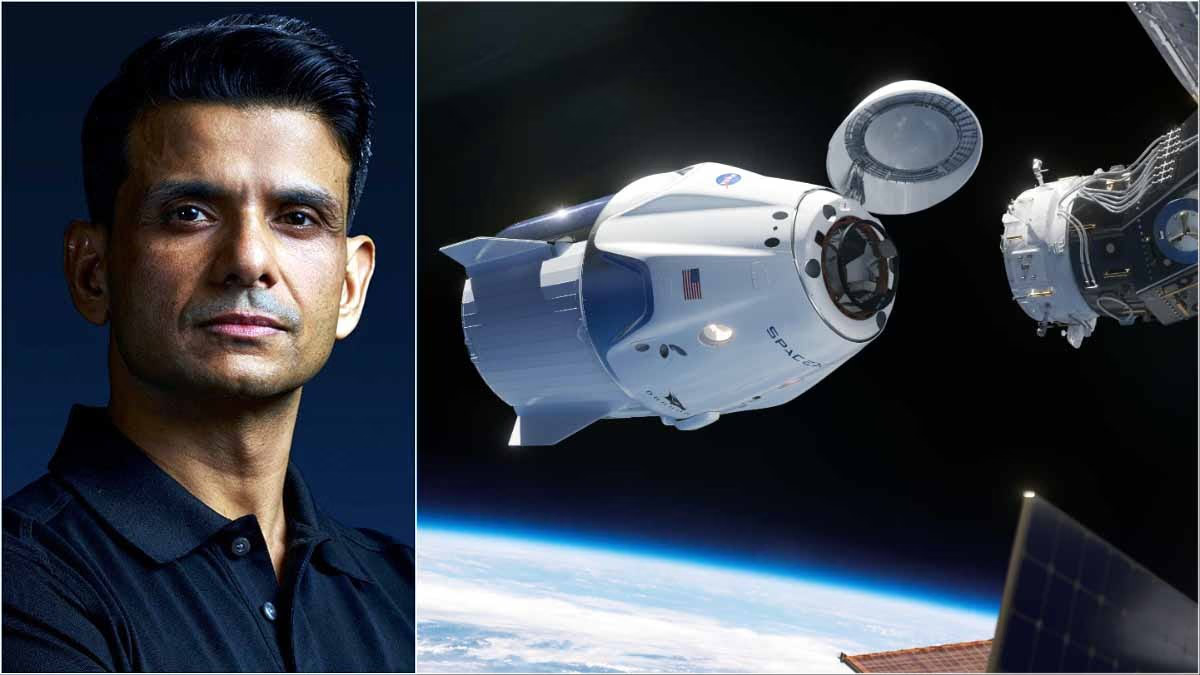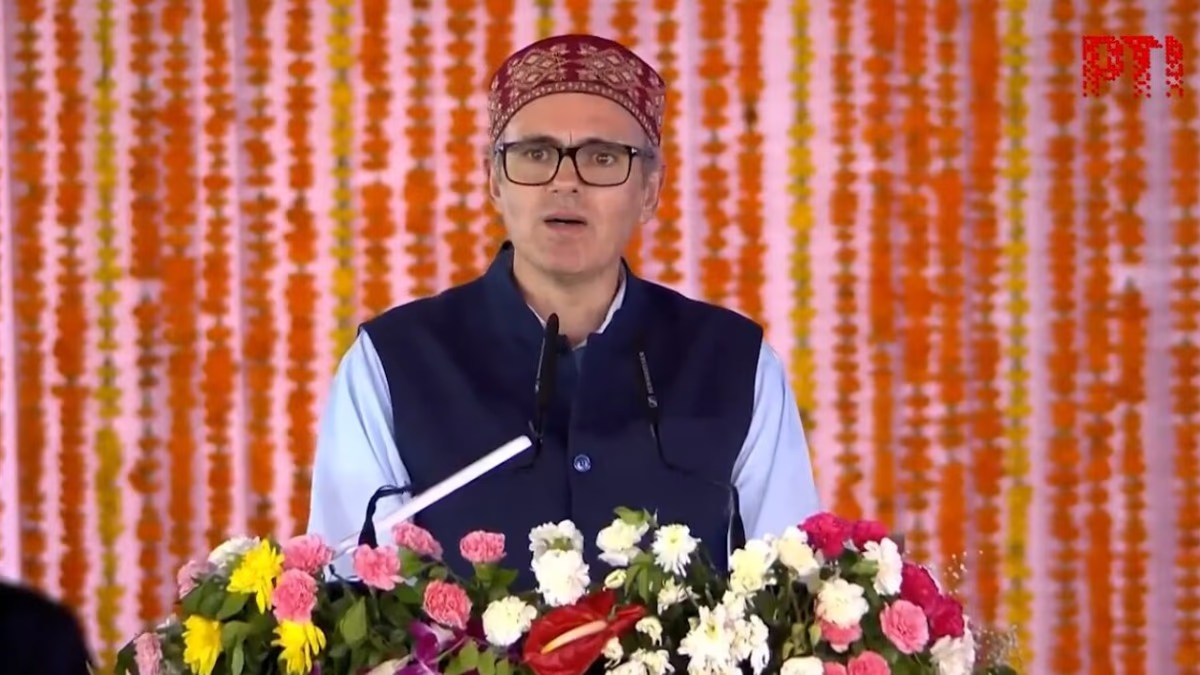Group Captain Shubhanshu Shukla and the three other members of the Ax-4 mission are set to embark on their journey to the International Space Station (ISS) on June 11, 2025. This mission marks a moment of pride for India, offering several significant benefits. Let's explore the advantages India stands to gain from this mission.
Former ISRO scientist Vinod Kumar Srivastava outlines that Shubhanshu Shukla's X-4 mission will provide scientific, technological, economic, and social advantages. It will not only fortify India's growing presence in space but also lay the groundwork for future missions like Gaganyaan and the upcoming space station. This mission will help establish India as a global powerhouse in the coming years.
Also read: Due to inclement weather, Shubhanshu Shukla's launch has been deferred to June 11 for Axiom-4 mission
How were Shukla and Nair selected?
Vinod Srivastava noted that Shukla and the other three Gaganyaan astronauts weren't selected randomly. They submitted applications from within the Air Force and underwent testing. After an extensive process, four were chosen and sent to Moscow for training. It was a paid training covering various aspects like water survival, flight endurance, and resistance to G Force, akin to matchmaking in weddings. The training developed their centrifugal force resistance, elevating them above the common physical capabilities. Unlike Yuri Gagarin's era, the training is much more exhaustive now.
Watch Now: Note the 3-month emergency training of Shubhanshu and all astronauts for Axiom Mission 4...catch the Video
Selection based on Training Parameters for Astronauts
Training for Shubhanshu Shukla has been structured according to the parameters set by NASA and Russian agencies. In this journey, whatever Shukla accomplishes could become invaluable for Gaganyaan's mission, even if he doesn't directly participate. His experience will definitely benefit other Gaganyaan voyagers.
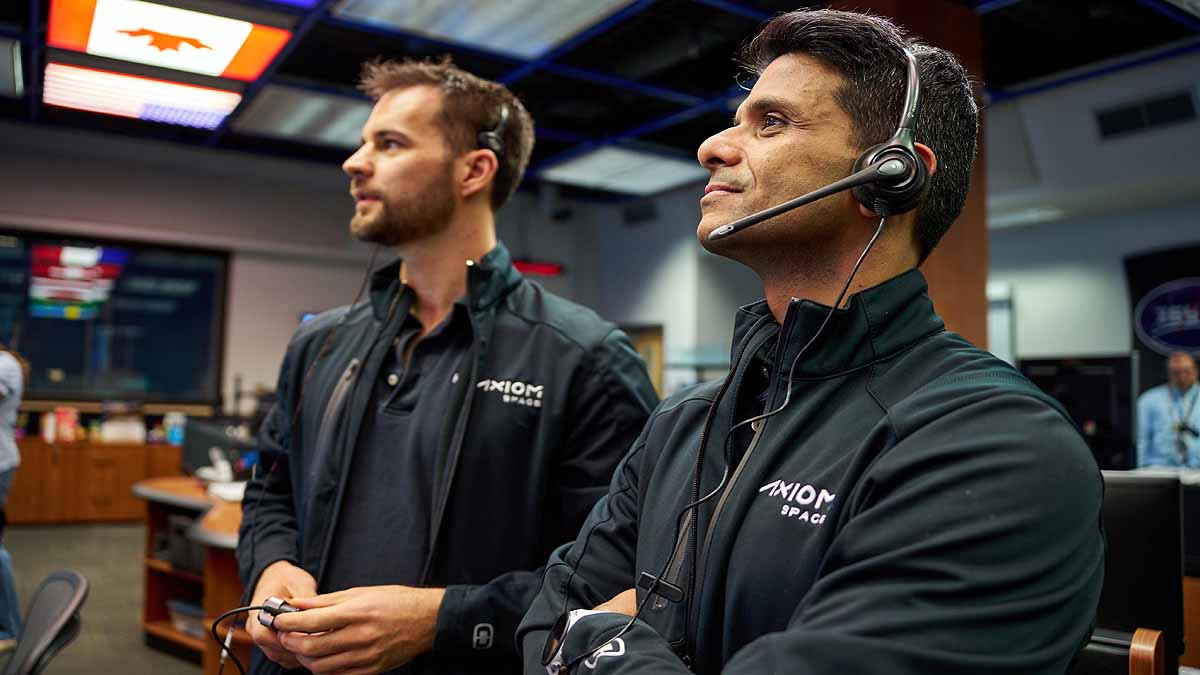
Source: aajtak
Overall, this is part of the global space endeavor; India's future in space is promising. SpaceX, Axiom, and NASA recognize this fact. It's a mutually beneficial relationship where today, they provide training and facilities in exchange for payment and space trips. In the future, India might return the favor in one way or another.
1. Scientific Research
During the X-4 mission, 60 scientific studies and activities will be conducted at the ISS, with participation from 31 countries, including the USA, India, Poland, Hungary, Saudi Arabia, Nigeria, UAE, and Europe. Of these, 12 experiments are exclusively in collaboration between India and NASA, with 7 from India and 5 from NASA. These will involve biological, human health, and technological research.
Biological Experiments: Studying microgravity's impact on plant seeds, aiding future space agriculture efforts.
Human Health: Investigating the effects of space on the heart, muscles, and brain; vital information for moon and Mars missions.
Technological Advancements: Testing new technologies for potential use in upcoming space missions.
Also read: Shubhanshu Shukla and Ax-4 mission to pave the way for the next international space station
2. Preparation for Gaganyaan
Shubhanshu Shukla's training and experience at the ISS will be instrumental for the Gaganyaan mission slated by the end of 2025. Being India's first manned space endeavor, his training will equip the team with essential skills for human safety and mission success, further solidifying Gaganyaan's preparations.
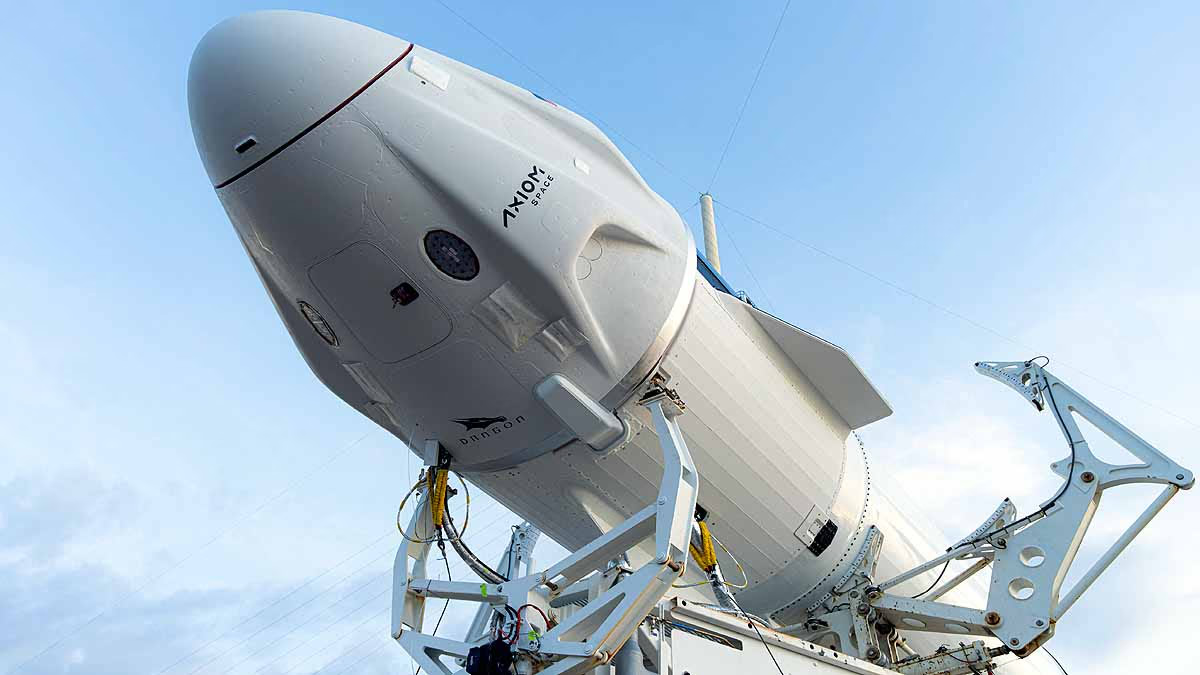
Source: aajtak
3. International Cooperation
The X-4 mission will enhance collaboration between India and NASA. The mission amplifies India's participation in experiments from 31 countries, strengthening its role on the global space stage. This cooperation will facilitate larger projects in the future, like building the next space station.
4. Education and Inspiration
This mission is set to ignite interest in space among students and youth. Inspired by the experiments conducted on the ISS and Shubhanshu's journey, many young minds might aspire to become scientists and engineers. This will foster greater investment in education and research, motivating future generations.
Also read: Journey of Shubhanshu Shukla and three others to the space station...see preparations in photos
5. Technological Development
Experiments of new technologies in microgravity will aid future missions. For instance, drugs show effects on cancer cells more quickly in space, thus benefiting medical research. Similarly, the development of new materials and technologies may also find practical uses on Earth.
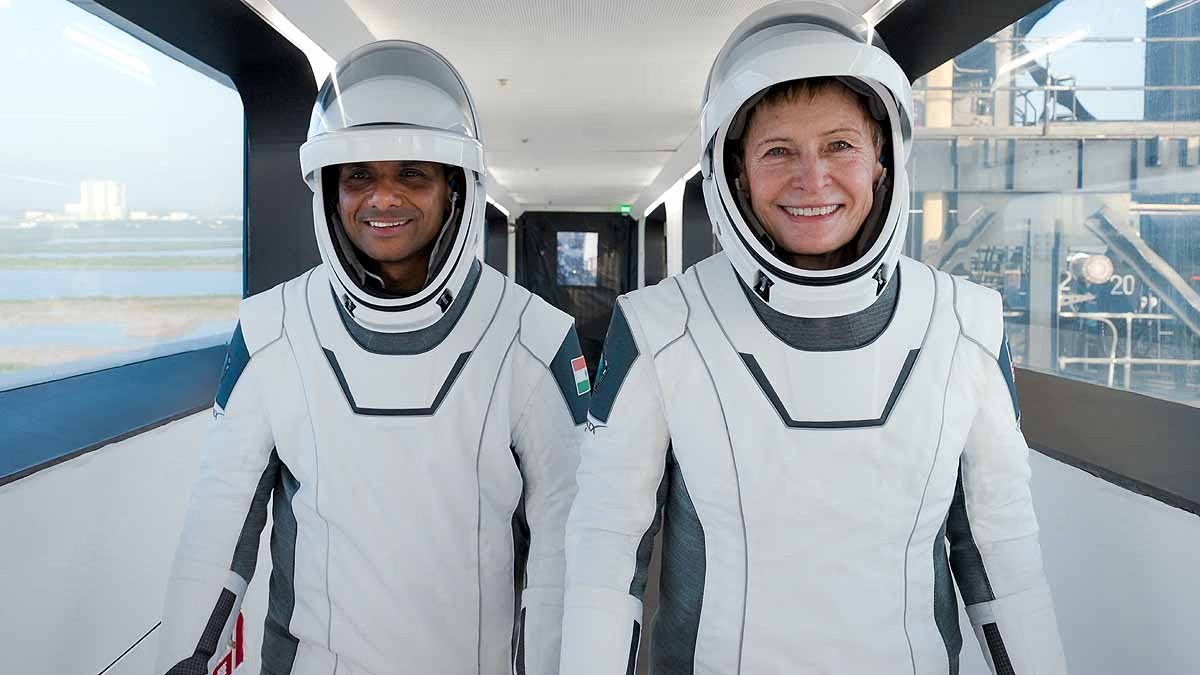
Source: aajtak
6. Economic Benefits
The space industry will see investment and job creation. Projects like the X-4 mission will boost India’s economy. Investments in space technology will spur new companies and startups, creating employment opportunities.
7. Global Standing
India's increasing role in space will bolster its international image. Shubhanshu Shukla will be the second Indian to venture into space since 1984, a feat that will position India prominently on the global platform.
Also read: Another Rakesh Sharma moment for India... Indian astronaut Shubhanshu Shukla's space mission set to launch with SpaceX Dragon
8. Medical Research
Studying changes in the human body in space will benefit medical science. For example, researching blood glucose management in space could pave the way for future travel for those dependent on insulin.
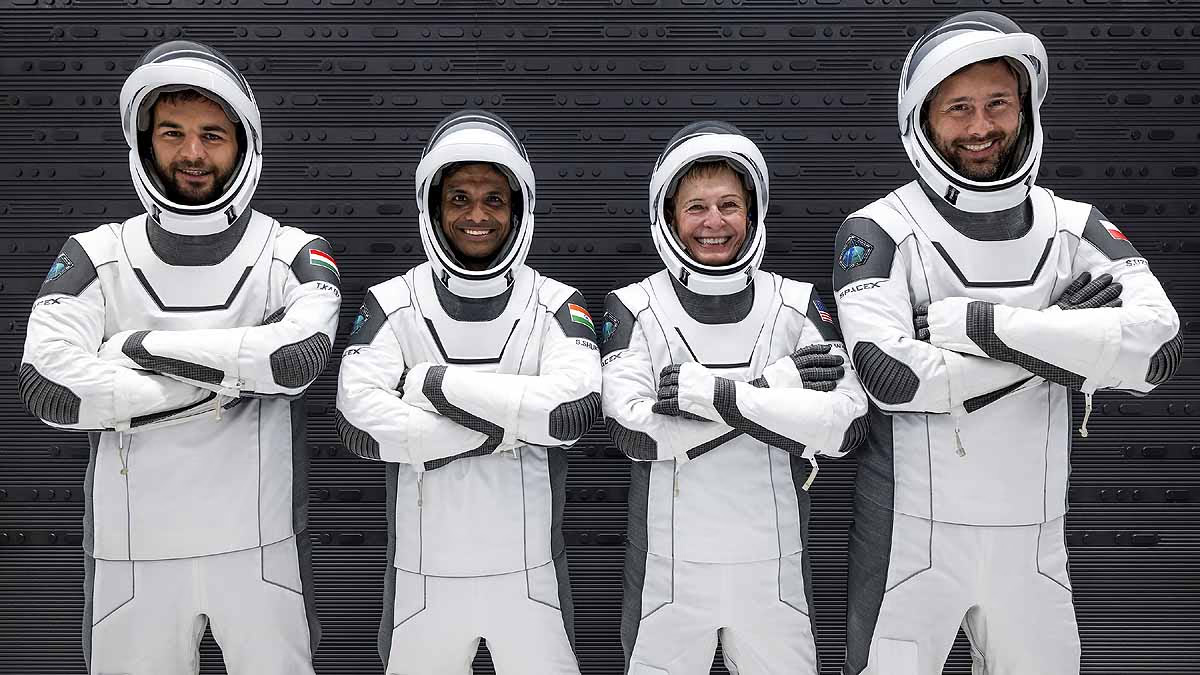
Source: aajtak
9. Earth's Surveillance
Environmental and climate change studies are crucial for India. Monitoring Earth from the ISS will enhance our understanding of climate shifts, wildlife, and natural disasters.
10. Future Missions
The X-4 mission lays the groundwork for missions involving the ISS and beyond. Axiom Space plans to launch its first module in 2027. By 2030, a new space station will replace the ISS, strengthening India's role in this evolution through Shubhanshu's voyage.
